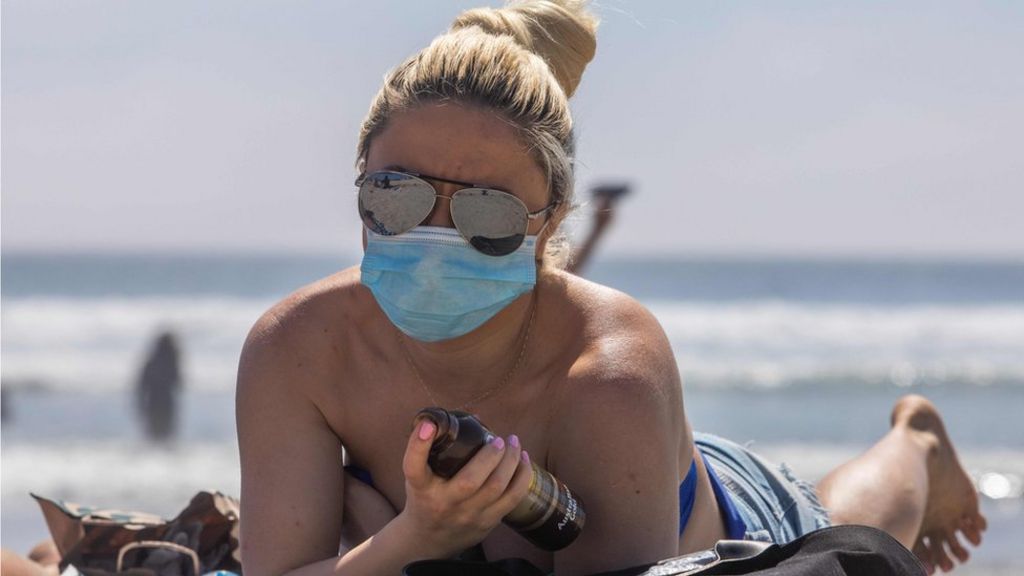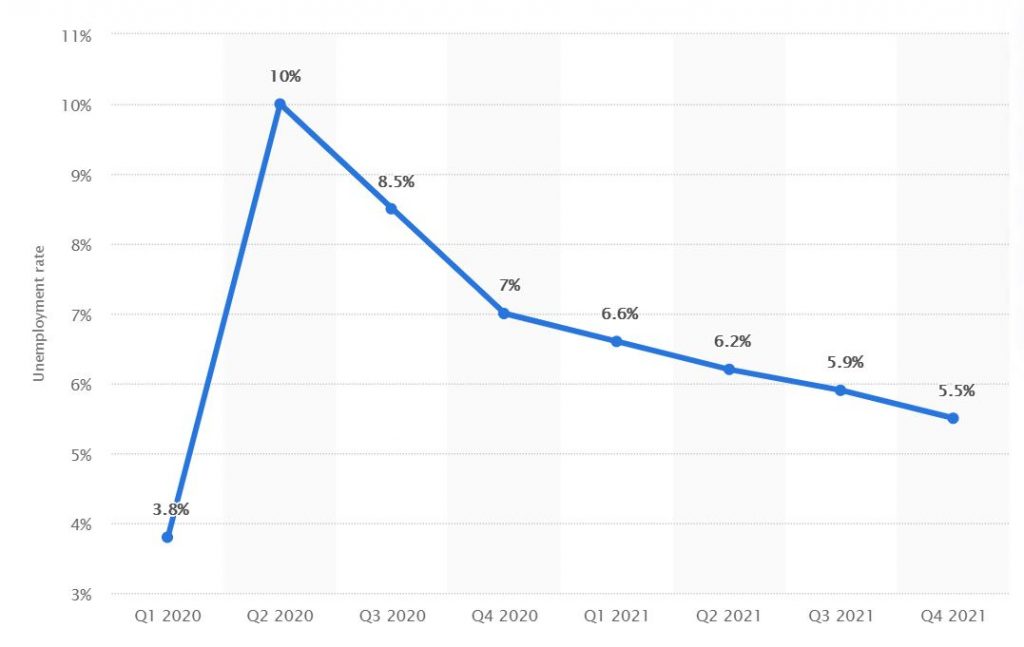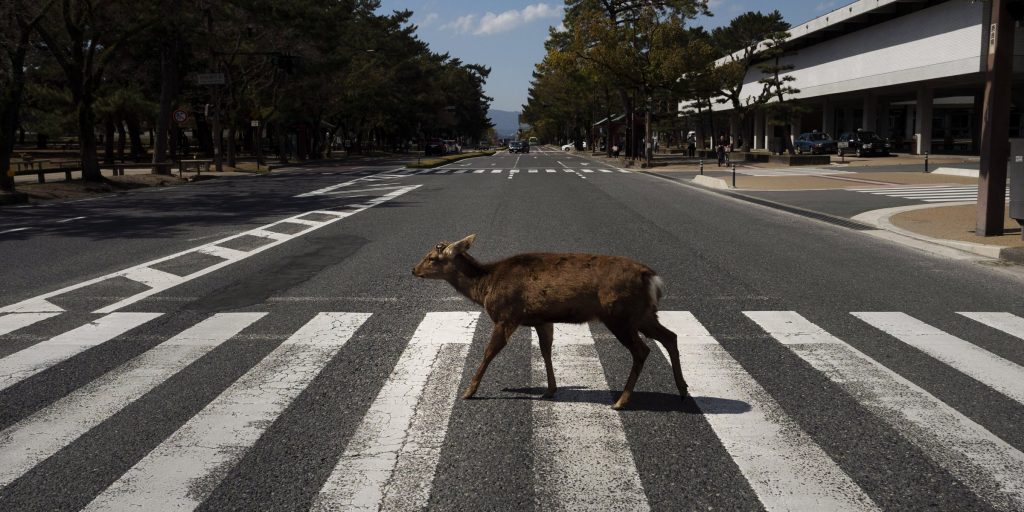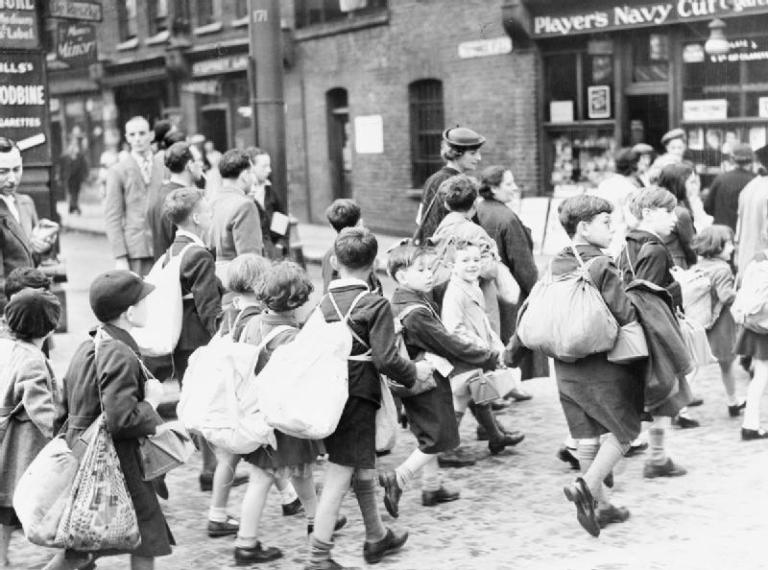As lockdown is phased out along with furloughing, deferred loans and newscasting turns back to Brexit, what will Britain look like?
Will we treasure our grandparents more? Perhaps divorce rates will rocket. Could we see a Coronial baby boom next year or greater uptake on flu vaccines? Will those tight social curbs be a legacy of pandemic restrictions? Maybe there is less strain on the National Health Service as many health compromised patients will have died. We can probably expect fewer foreign holidays as providers and airlines go under, unable to remain viable from reduced capacity and inadequate financial support. Social adjustment disorder and domestic abuse could be a hidden crisis.
Travel
With fewer providers offering less choice and lower capacity for travel, this supply constraint won’t immediately raise prices. This is because many won’t want to hit the skies and seas until they know it is safe and the quarantine restrictions are not so limiting. For those that do, the recession and unemployment we are faced with will mean we all have to tighten our belts and rein in on such luxuries for the foreseeable future. When demand does recover with the economies rebounding, jobs returning, and potential vaccine rollouts; there simply won’t be the boundless travel capacity for them to return to business as usual. This will mean prices get bid up by competing travellers via evermore advanced search algorithms. Good luck for your average middle-class holiday to France or Spain, let alone those casual European city breaks.
Transition Costs
Many countries, not as fortunate as leading Western nations, are quickly bankrupting themselves to foot the Coronavirus bill. Hardly anywhere can afford the cushy 80% British furlough scheme, or cutting interest rates into negative territory like the USA alongside pumping trillions of dollars in rescue helicopter money into the economy. Most countries simply couldn’t afford to enter lockdown, period. Even Sweden, the social paradise it is lauded as, had to pick for social responsibility instead. Going into the crisis, Italy had a debt-to-GDP ratio of 134% and Spain and France around 100%.
To patch up the recession we are faced with, the money printers need to keep pumping.

Localisation of Supply Chains
Besides not taking into consideration the environmental cost of outsourcing production to China and Southeast Asia, the crisis showed us the vulnerability of having medical infrastructure located on the other side of the world. China had a stranglehold on PPE, immunological assay chemicals and makeover 90% of the base components for our generic medical products. We may now wake up to the reality that ‘last-minute’ supply chains are a fragile way of operating. One that may not justify the lower cost-per-item in the short-run.
Inflation
Border closures made trade harder. Fewer businesses remained viable, reducing available goods and services. Relocating industries nearer to home comes at a higher cost than Chinese government-subsidised goods. When people cannot afford the higher local prices, atop restricted variety, wages must rise, or else people won’t work. Business costs rise and this feeds an escalating cycle of higher prices and inflation eroding middle-class savings, harming those without bargaining power to demand more. When inequality is lower because wealth is lower, it won’t be as fun as the intellectual literati promised us. It is hard to preserve wealth amidst a backdrop of inflation. The UK 1960s to 1982 had cash go to zero, bonds became ‘certificates of confiscation’, appreciation in land was heavily taxed and broad equities fell by 80% in real terms (they rose nominally, but inflation ate away at their value). Property doesn’t do so well as rates rise. Higher interest repayments on mortgages make borrowing larger sums harder.
End furlough and deferrals return
Deferring mortgage payments, rents, taxes and social security contributions improve immediate liquidity positions of individuals and companies but do not cancel their obligations. When these schemes like mortgage holidays and furlough come to an end later this Fall, we shall see who was preparing and who failed to do so.

World repaired itself
Our overreliance on a consumer work-based society exposed the false securities of cash and commerce to save us during times of siege. We have run a world in which a fifth of us are using 4/5THs of the World’s resources with reckless abandon.
Birds have changed migratory, behavioural and hunting patterns since the world went “quiet”. Pictures and images from NASA showed how pollution quickly dissipated. Scientists have shown us the O-Zone layer repairing itself fastest since its discovery.
Rural > Cities
Quality of life may take precedence in the coming seasons as society drifts away from the onslaught of big city living. Financial centres are unlikely to enjoy the same rich, exciting and fast-paced lifestyles; possibly living in the great outdoors with allotments, access to woodlands, parks, recreation and fresh produce may turn out to be better.
Work from home
As it turns out, we can. Plus, we get an extra hour for a decent breakfast and spend more time with their kids instead of a sweaty, stressful ride on the Tube. Office rents are a major cost for businesses and with companies finding productivity higher with staff working remotely.
Divorce Spike
On the flip side, those working from home or just isolating with their families are experiencing the longest bad weekend in history and that puts a certain unique kind of pressure on human relationships which can start to strain them to breaking point. You know all those jokes about going on holiday and having to deal with people you find out you don’t really like – like your husband/wife/children – kind of inevitable when locked up together inside for 3-5 months. The little things that peeve you about your partner will start to gnaw even more.
Generation Coronial
Another baby boom would be a good thing for Britain to look after the ageing population, but maybe not if all those elderly were disproportionately culled by wave after wave of the virus.
NHS
We value our health service in Britain to the point of being a cherished national treasure, as the half a million volunteers indicated. A tax break or NHS reservist force like the Territorial Army may be handy to call upon in times of crisis.

Realities across the pond may hit home as America wakes up to see 600 million citizens in Europe are afforded universal, free at the point of consumption healthcare while maintaining healthy, capitalistic approaches to economic organisation.
Less is More
After we have watched every Netflix show and pillaged Amazon’s more extensive library, perhaps we may see time in nature, board games, baking and reading books are more fulfilling than the TV and internet washed down with fizzy pop and delivery pizzas.
Education
During the Blitz, middle-class rural folk were shocked by how badly fed, housed and educated the poor, inner-city evacuee children were. Education improved leaps and bounds. Conceivably, our system of sudden-death exams may be at its end, with modular learning and assessments back in favour.
Universal Basic Income
The welfare state and NHS were considered an impossibility before the war. And today, unless you have experienced a five-week waiting time for benefits, the rollout of basic income may now be a real prospect not just confined to Scandinavian countries.

Nationalise strategic industries
Highly leveraged companies, like airlines, are particularly vulnerable to shocks. Lucky airlines will be nationalized or bailed out, many others will cease. According to the Center for Aviation, by the end of May, most world airlines will be bankrupt. The virus is attacking complexity in economic organisation. Yet, complexity is what leads to our astounding degree of prosperity. The present holds similar social significance as the outbreak of World War I. A great simplification is coming, and it isn’t going to be much fun.
Alternative Perspective
Perhaps nothing will change, people will revert to their old ways, and Brexit will once again be the daily obsession. Like the New Year’s resolution, they rarely last. We don’t go around fearing another London bombings, nor do those who lived through 1918 Spanish Flu ever mention it. Cruise ships have already begun sailing and bookings have never been higher, all in the midst of a pandemic in which we saw weeks of headlines of Diamond Princess death trap being rejected from port to port.


